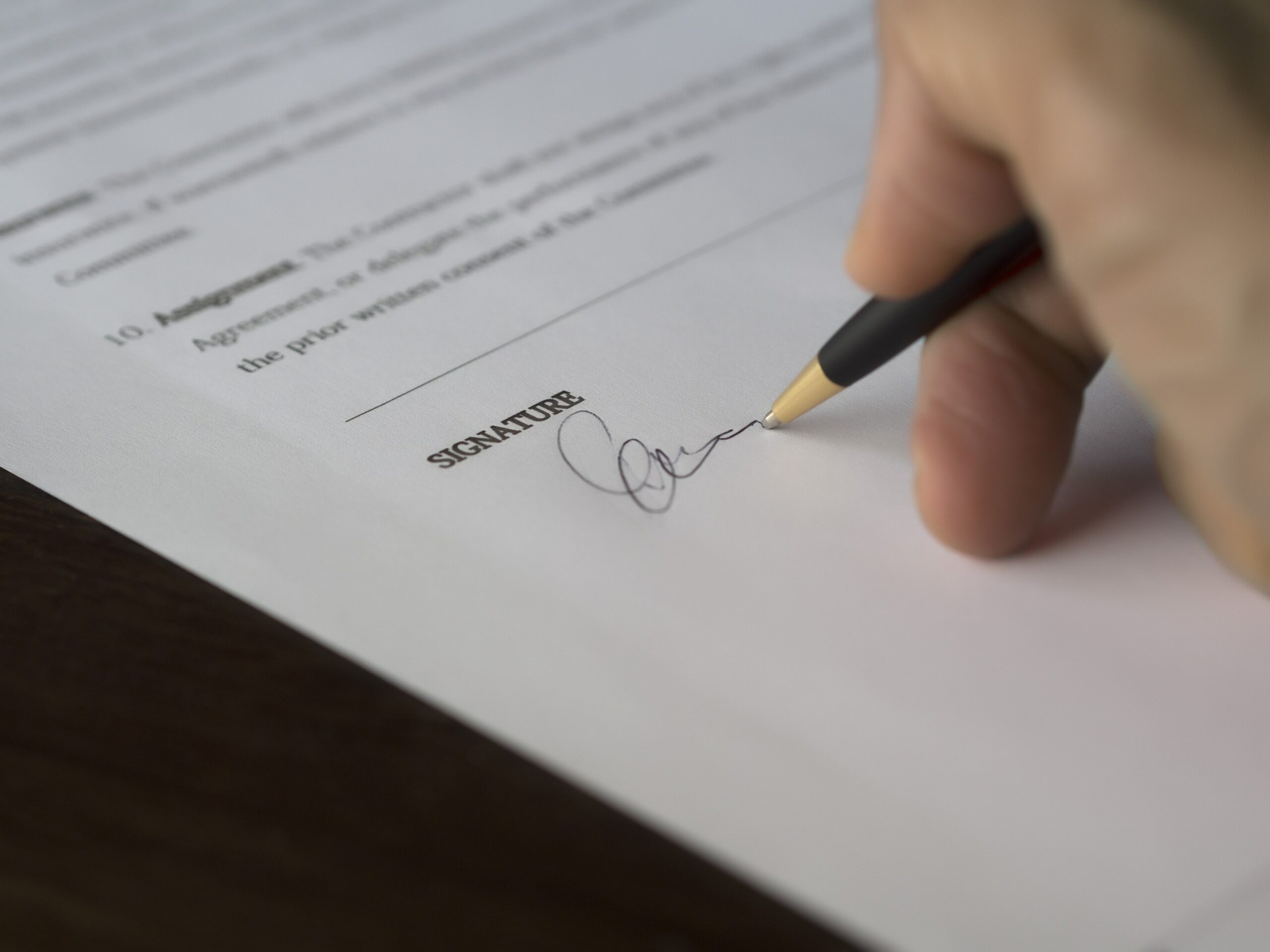Today´s article focuses on contracts for contractual relations governing the needs of tenants or those of their household members for accommodation. So, if you are considering lease contract and would like to avoid the numerous pitfalls, uncertainties and complications that may well the conclusion of a lease, this article is for you.
A “Lease contract”, or more frequently a “lease agreement”, governs the contractual relations between the landlord (the owner of the property) and tenant (a person intending to use the property temporarily). The subject of the lease can be any real estate. The requisites required by law for a lease contract/agreement to be valid are set out in act n. 89/2012 Coll., the Civil Code (hereinafter referred to as the “Civil Code”), namely in the provisions of sections 2201– 2331. Well, that is enough for the tedious, yet necessary, legal introduction.
Let’s take a closer look at a situation where you have finally chosen you ideal property and there is just one last thing remaining – signing the lease agreement. A trifle? A banality? A triviality? Not quite. We know from our legal practice that the final signature on that lease agreement often resembles a ship that hits a rock right before reaching the safe waters of her home harbor. And that is the reason why it’s so important to mobilize knowledge before signing and not lose sight of those many little rocks (you see, the ship and rock),that you need to keep in mind. One of them is the mandatory requirements of a lease agreement, the omission of which may cause that your contract is to be invalid.
Identifying the contracting parties, AKA who the players are.
There is no moving forward without identifying the parties properly. But be careful. In addition to clearly identifying yourself, i.e. your name and surname, date of birth, place of residence and bank account number, the contract must provide the same information about the landlord, as well. Then it is necessary to check whether the identified person is actually the owner of the property. And we mean a thorough check! Ideally, such check should be just a routine step in which you have the landlord present you with the relevant extract from the real estate cadaster, which always shows who the property owner is. Insist that this document forms an integral part of the contract as one of its annexes.
Identifying the real estate AKA what the game is for
A detailed description of the actual estate itself is also very important, otherwise it can easily happen that you would sign a lease for a property other than the one you have chosen – and that is real trouble. Fortunately, this can also be checked in the above-mentioned extract from the real estate cadaster, which defines the real estate uniquely. When renting an apartment, make sure that the contract states what floor the apartment is on.
Although the following institutes are no longer required by law as being mandatory parts of a lease contract/agreement, they are frequently stipulated and, unfortunately, not always in agreement with the law. Below are the most important aspects and we have provided details for you as to what you should pay increased attention to from our point of view.

Handover and acceptance record AKA when it is black-and-white
A handover and acceptance record can save you a lot of trouble when it comes to any disputes concerning the condition of the property and any utilities arrears.
It is a good idea to insist that it is made in writing, not only at the beginning of the lease but also upon its termination and when you are handing over the property back to the landlord. Make sure that the handover and acceptance record shows all defects present in the property before the handover/acceptance, otherwise they might become your responsibility and you will be required to pay for them. And, of course, the record should show all furnishings and equipment provided with the leased property, which can save you a lot of guesswork later.
To make our list complete, we should not omit to record the status on all utility meters (water, electricity, gas) – watch out – in both handover and acceptance records, just to make sure that you pay for just the utilities you really used. A handover/acceptance record is signed by both parties, that is both you and the landlord. One copy of the record, signed by you and the other party, is always yours. Needless to say, keep the record safe for later reference.
Security deposit AKA make sure that you get your money back
The landlord may require that you pay a security deposit, sometimes also called a refundable deposit. It is a money amount that the tenant pay the landlord if required, usually upon the signature of the lease agreement, and which serves as a security in case the tenant misses out on the rent or may be used to pay for the repair of damage on the property caused in consequence of the tenant’s actions. Actually, the entire concept is logical and understandable as it secures the landlord from dodgers or from situations that you as the tenant damage the leased property.
But what happens when you pay the rent on time and no repairs occur during the rental period? In that case, it is the landlord’s obligation to return the security deposit at the end of the lease. Inexact words, the security deposit is to be returned to you on the day the lease ends. Unfortunately, in practice, landlords often withhold the amount just in case there are utility arrears, mostly until when the final utility bills arrives, which, however, is sent to the landlord only once a year, usually at the end of the year. This means that could end your lease in May, for instance, but your security deposit would be returned to you only at end of the year end or even the next year. And the amount of such security deposit can be as high as four times the monthly rent.
Contractual penalties and their limits
From 1st July 2020, a lease contract/agreement may stipulate a contractual penalty for breach of some of the tenant’s obligations such as delay in paying the rent. Nevertheless, such penalties are limited too. It is good to know that such contractual penalties together with the security deposit must exceed four times the monthly rent. That means that, for instance, if your lease contract/agreement stipulates a security deposit equal to three times the monthly rent, the stipulated contractual penalty is limited to one monthly rent only! Anything above the limit is illegal and you should defend yourself effectively.
Rent increases AKA where are the limits
The rent may increase during the lease. Such increments are usually stipulated in the lease contract/agreement and their levels may derive from, for instance, on the basis of an inflation, price or currency clause. In any case, such stipulations must be made in writing and must always unambiguously state what the circumstances are under which the landlord may increase the rent. If the lease agreement is missing such a stipulation, the landlord may only increase the rent unilaterally once a year, provided the law-imposed conditions are fulfilled. It is a requirement for the landlord to notify you in writing of such a rent increase and you must also, if you agree with the increase, respond to the landlord.
The parties may nevertheless expressly exclude the possibility of increasing the rent in the contract. This is, however, rare in contracts where the tenant is a natural person and difficult for you to achieve.



